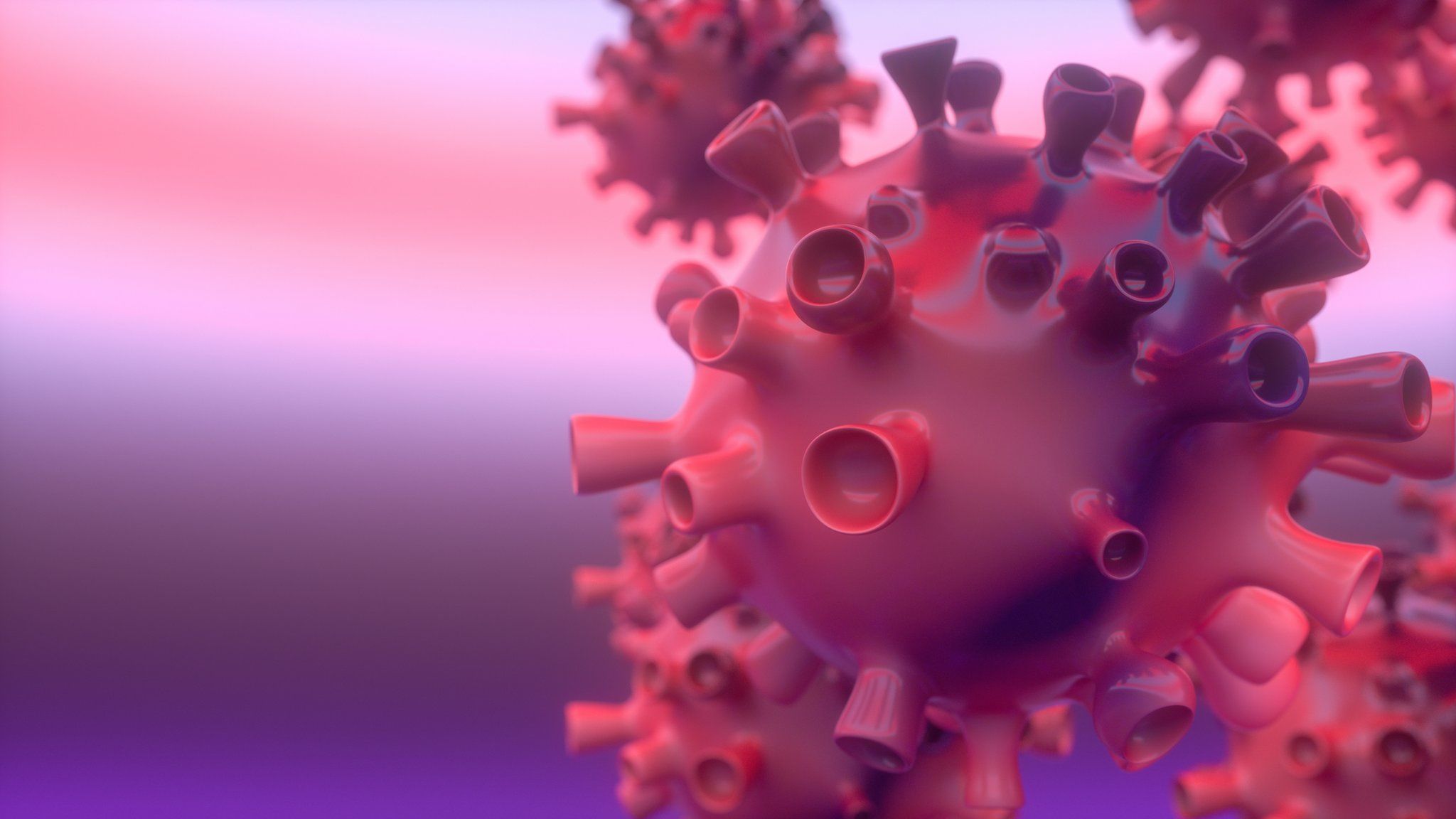Communication skills are one of the most important interpersonal skills that every professional should possess irrespective of their field of work and position. These skills help professionals convey their ideas effectively, discuss important matters, build trust among team members, and climb up the ladder of their profession. However, good communication skills are all the more important for healthcare providers including doctors, nurses, and other support staff as their discussions revolve around patients' health conditions and treatment plans. Moreover, they need to communicate with patients and their relatives in a clear yet empathetic manner so that they understand the condition, prognosis, and treatment plan without panicking about the whole situation. So, below are a few tips that can help healthcare providers enhance their communication skills. To gain perfection and recognized certifications, one can attend online workshops and upskilling programs organised by CAHO (Consortium of Accredited Healthcare Organisations) as they are specially designed to refine Communication Skills For Healthcare Professionals working across the country. Any healthcare professional should be the master of this essential art. Read on!!
No matter how good a healthcare professional is at expressing themselves or describing a health condition, their communication skills fail if they do not listen to what the other person (their patient or their teammate) has to say. Listening carefully with patience is an important part of communication. Healthcare providers should listen to their patient’s concerns as well as other healthcare experts' suggestions before responding accordingly. Therefore, spare a minute, let the other person express their thoughts freely, listen carefully, and then speak appropriately.
Also Read: Infection control courses and the importance of training for Healthcare Workers
Next comes, Body language. Yes, it is a non-verbal type of communication that plays an important role in building the patient-health expert relationship. The healthcare provider should be able to observe and comprehend the patient’s body language while maintaining their own to show no signs of disinterest or apathy.
Honesty is essential in the field of healthcare. Both the patient and the provider should communicate honestly and share all the necessary information without hiding anything. Hiding facts or data can lead to critical consequences in this field. Patients and their relatives rely on their healthcare providers and trust them with their health and life. Therefore, healthcare providers should communicate in such a way that it increases their credibility and dependability. They should be able to take responsibility and accept mistakes or misjudgments if the need arises. While healthcare professionals should be friendly with their patients, they must also maintain the utmost professionalism. They should confine themselves from sharing their personal opinions and stick to only offering their clinical expertise.
Being a healthcare organization, it is a huge responsibility to upskill the workforce to provide the best healthcare services to your patients. Therefore, even after becoming a certified healthcare provider, professionals should keep working on their skills to further improve the quality of services offered to them. CAHO is an authorised body that works in the same direction. It offers short-term upskilling courses, such as communication skills for healthcare professionals, etc. So wait no more!! Join the program now to upskill or polish your skills and be an effective service provider!!







